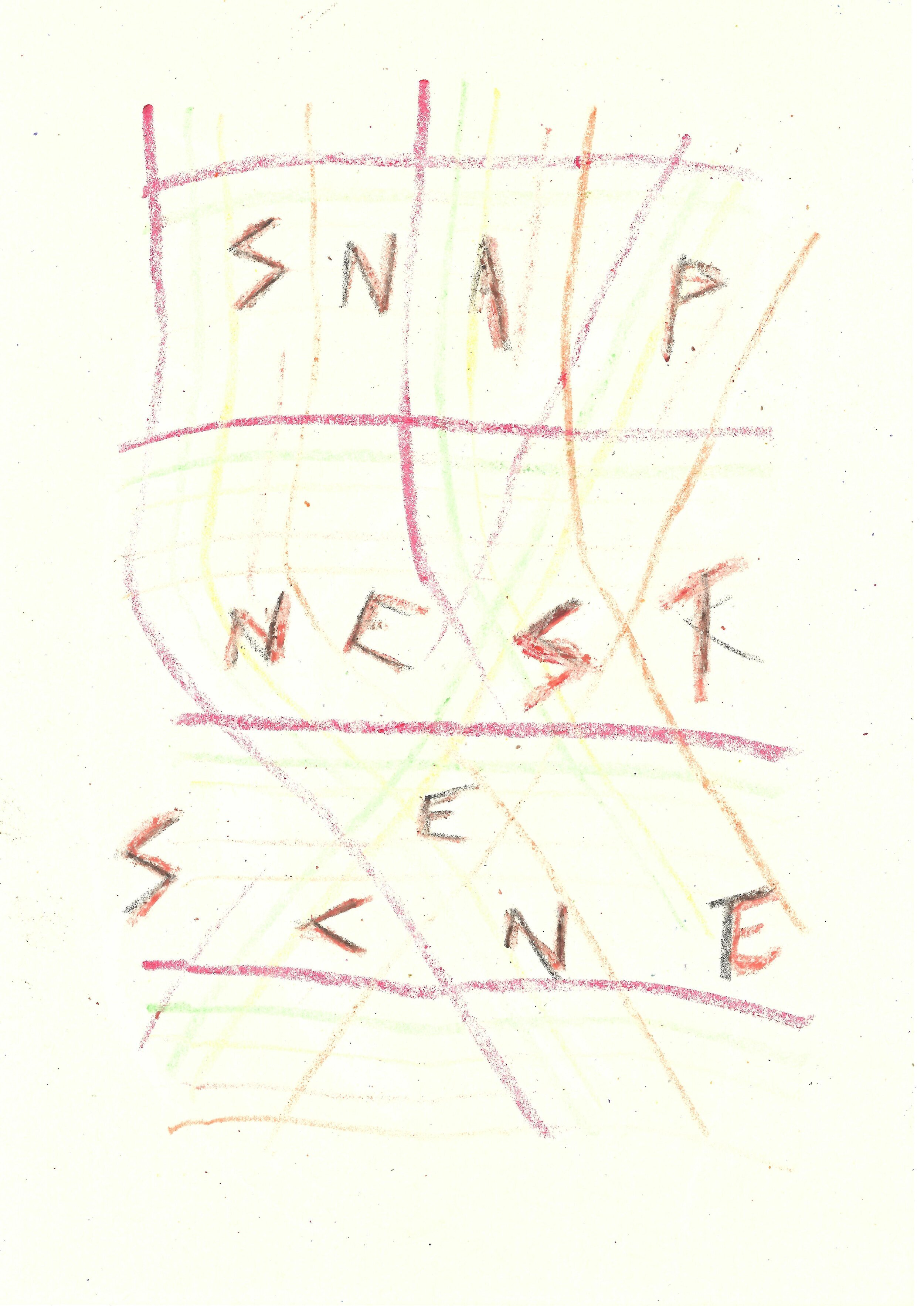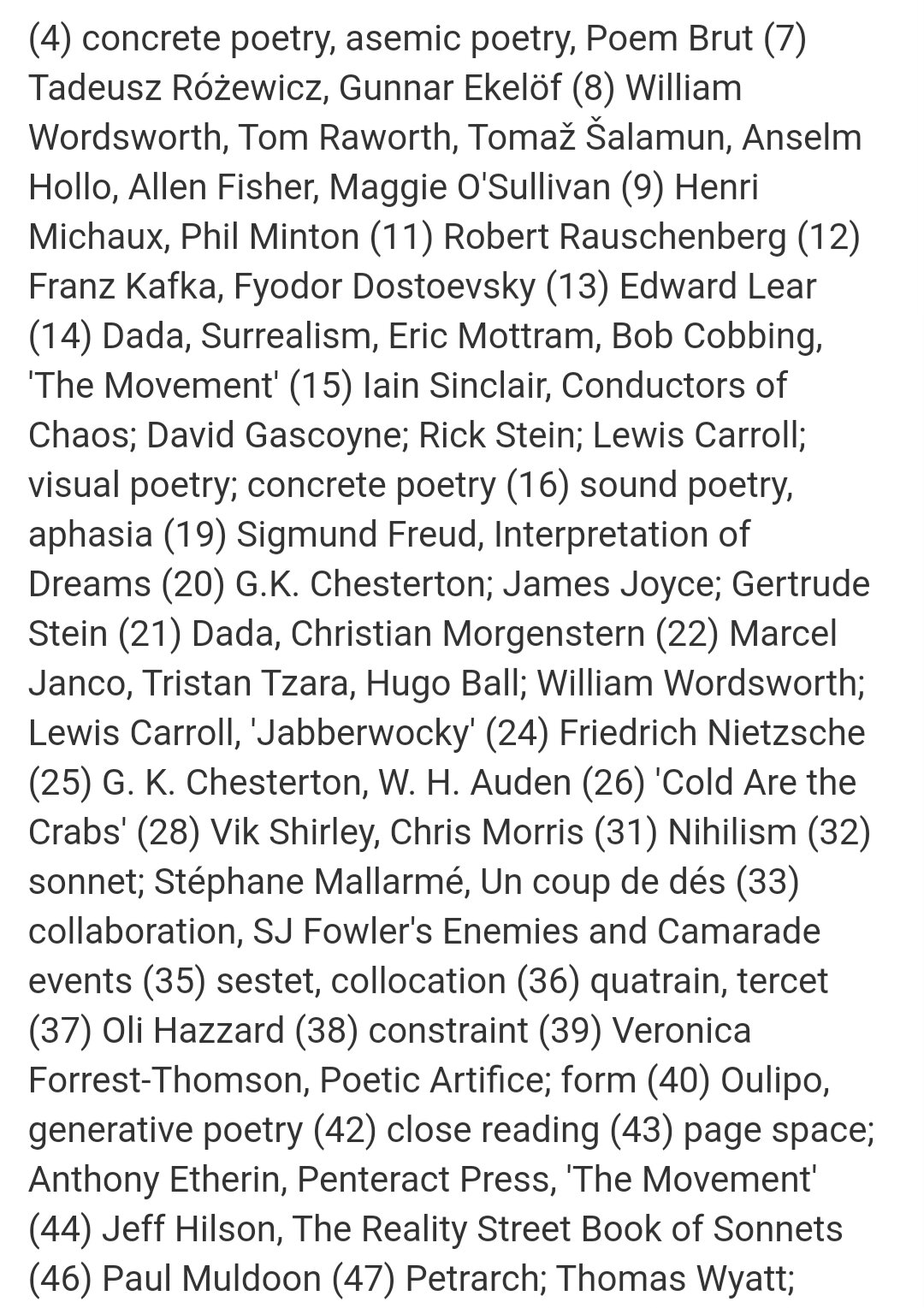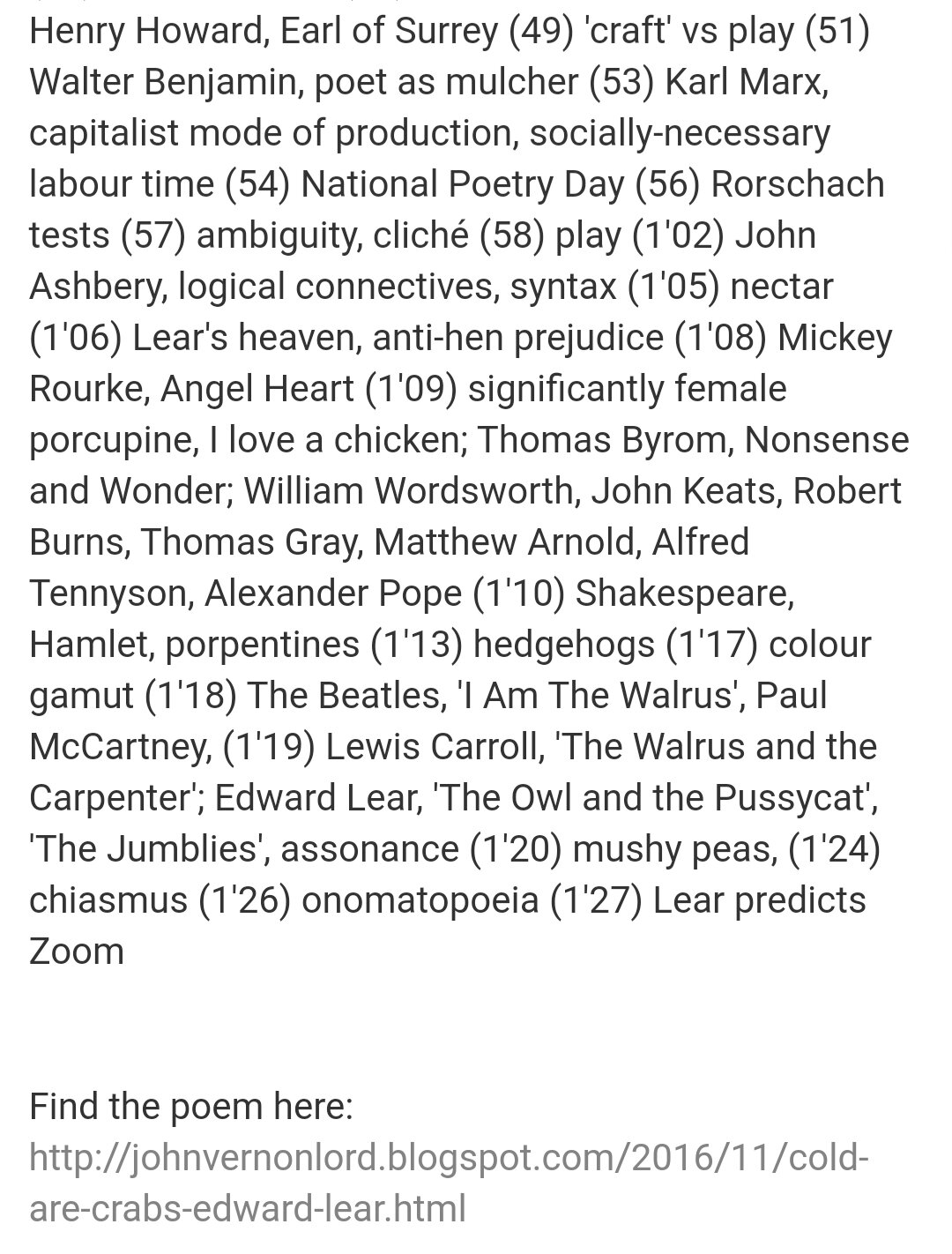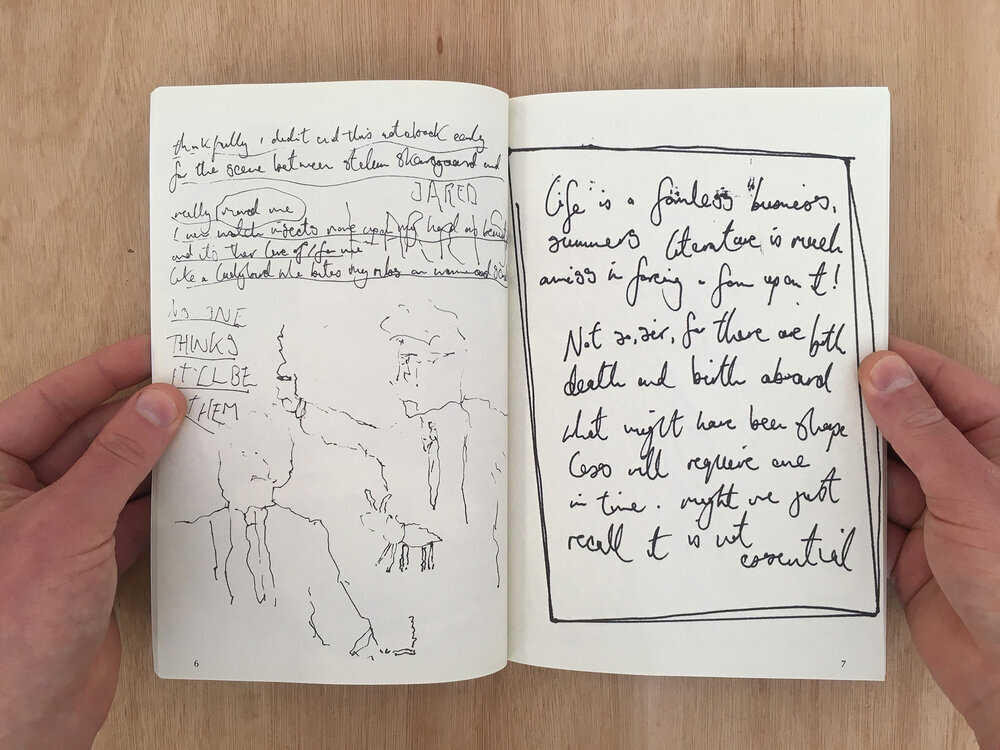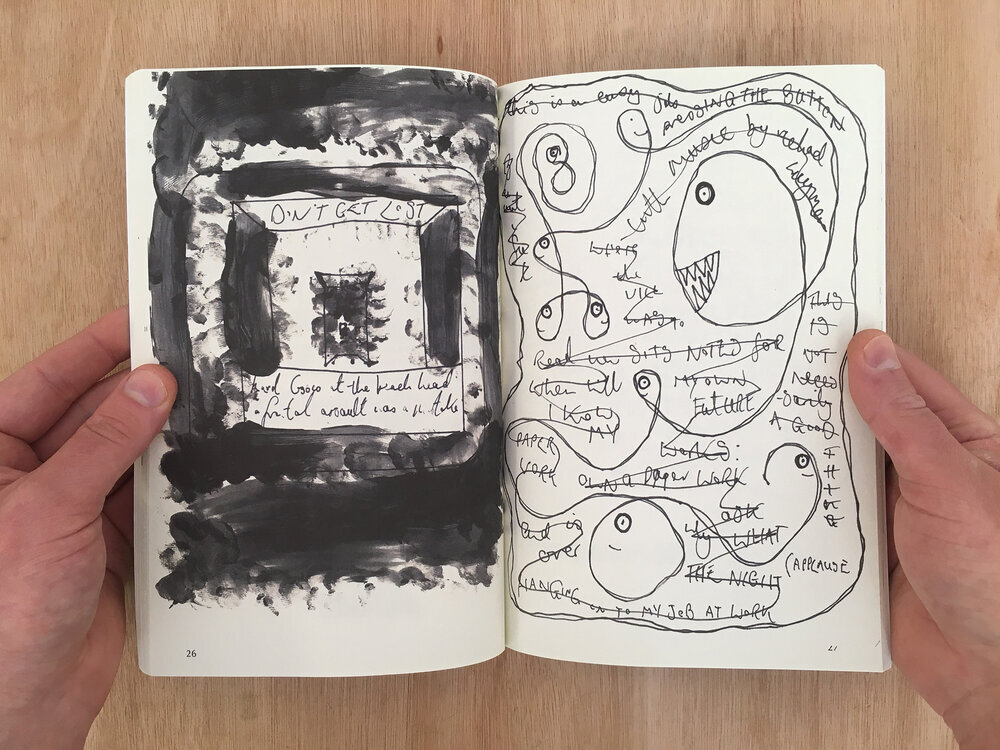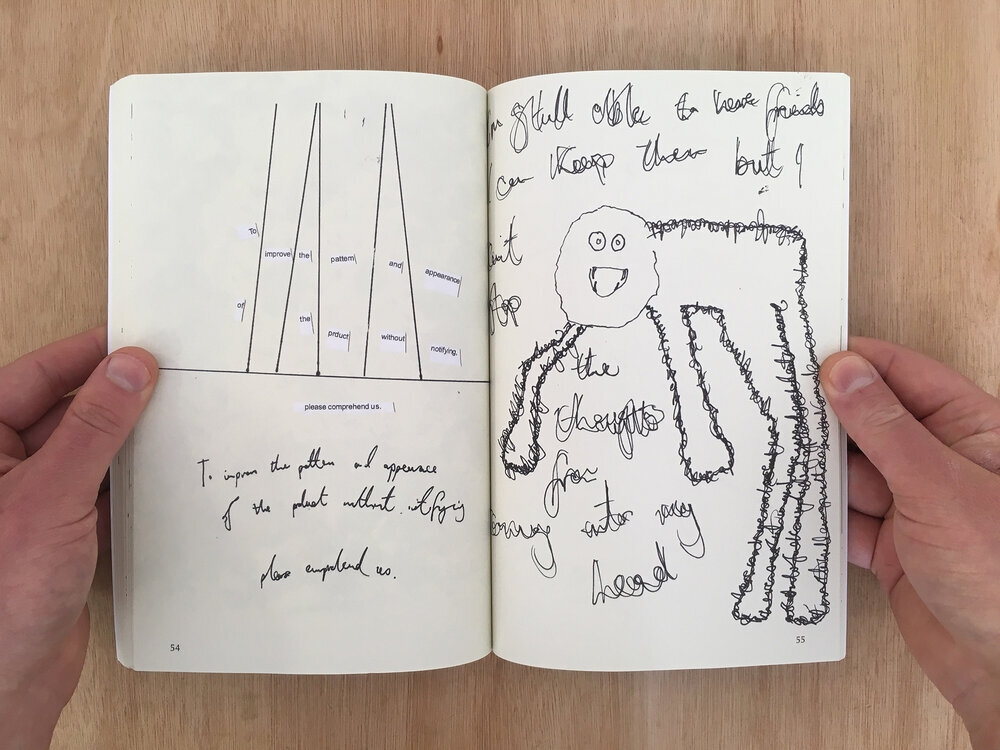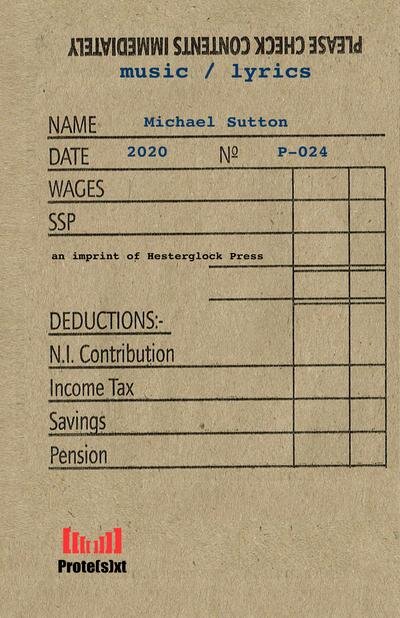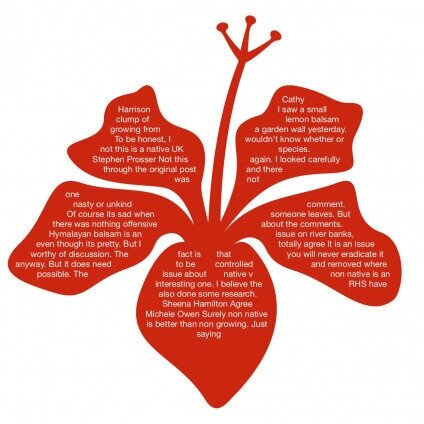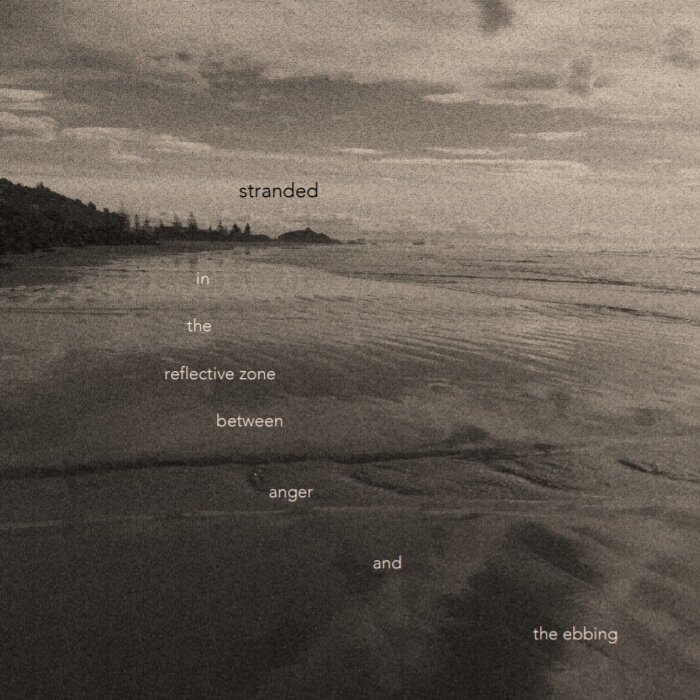I have often said I am lucky to have got into poetry, by accident, around 2010. I came into British poetry just at a moment when dozens of genuinely open, intelligent, energetic independent presses arrived. More than that, it seems to me, I came around when hundreds of poets from the UK are out working at material that is contemporary because it is innovative. Poetry that is responding to the world as it changes. As it changes seismically, fundamentally, in language.
Lockdown brains us. If we are the fortunate unaffected, physically, as I am (I am mega-fortunate in all ways, I believe). It has inevitably turned many of us in. We reflect and find understandable negative and positive in what we are doing. I have been candid in telling many people I think I am wasting my life writing poetry, because that very well might be true, but not in a catastrophic way. I do not dislike myself for doing it, I am just suspicious of what I am doing, as I try to be suspicious about everything, in order to be more aligned / balanced / decent, and more contented.
I have then had many chats with peers, friends, who feel unappreciated. This is an existential reality. But it is often, in the context of British Innovative Poetry (The BIP) true. I can make a long list of people whose work should be lauded. What is lauding? I wrote something here I then deleted. All I’ll say is, the poets overlooked because they are complex, I read them, I see them, I fucking appreciate them. I appreciate the presses who keep working, keep digging in, keeping sharing. It is proper impressive. I know. People just keep doing the work. It’s brilliant.
I work abroad a lot and bring to these European citizens this UK poetry they have never heard of. They think the UK scene is 5 poets. I share with them the people I admire and I see, dozens of them, through their eyes, I am right.. And I reflect on this and realise further how lucky I am to know the work of these poets, to get the books, to follow their ideas and experiments. And there is no longer the concentric “scenes” where poets are represented by their tribe as well as their work, I don’t think, and brilliant. Who wants that? Petty patty. The internet has scuppered it. We are often alone working and connected briefly. But this is why I put on events, curate, to make those connections, but not make solid any movements, group or crew. Because that is naff.
How often have I shared a friend’s book with someone outside of the BIP to see them say surprised “this is amazing, why isn’t this in shops?” yes yes yes, because you don’t buy it mate. But it exists, it’s good. This cannot be denied. I see it. I see it. Do my eyes not count? Yes they do. I have made sure they do.
All this is leading to me saying simply, it’s a golden time for interesting, innovative British poetry. We are lucky. Many don’t know it but if they looked, they’d see. Here are some books out recently or coming out soon which prove what I’m saying. All you need do is get them and find out. iF YOU BOUGHT EVERY ONE OF THESE, IT’S 100 SQUID, AND IF YOU READ THEM, THE IDEAS, THE THOUGHTS THAT WOULD FLOW. WOULDN’T THAT MAKE LIVING BETTER? TO BE GROWING THROUGH THE LANGUAGE OF THE EARTH REFLECTED BACK AT YOU BUT CLEVER LIKE? IT DOES FOR ME. TRY IT NOW! JUST ONE HUNDRED SPONDULICS





